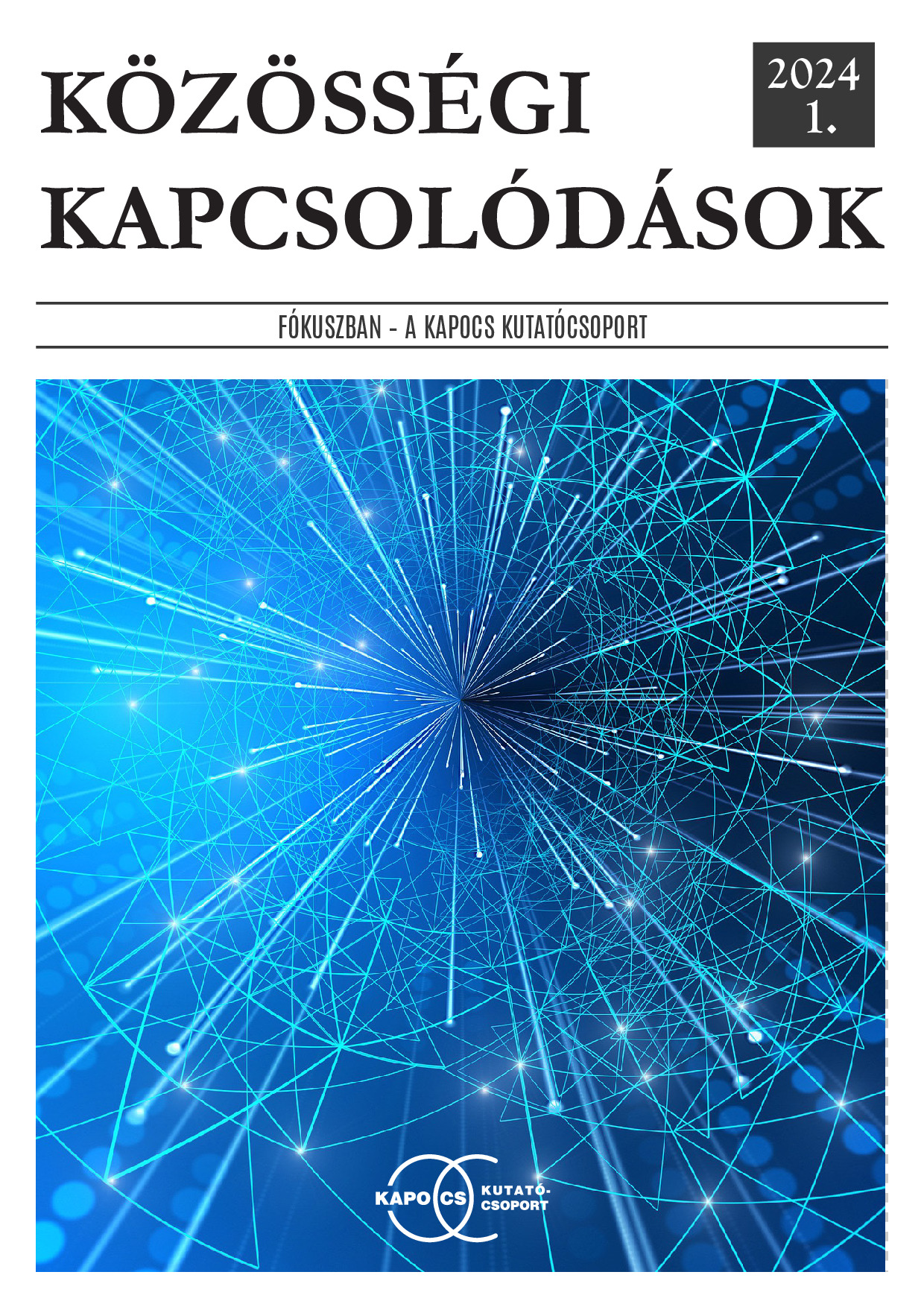Compulsory Education and Generational Social Learning in Rural Elementary Schools
Main Article Content
Abstract
In Hungary, the push for public education gained significant momentum after the Compromise of 1867 and the subsequent introduction of the compulsory education law in 1868. This surge was crucial, given that nearly sixty percent of the population aged six and above were illiterate in 1880. However, the scarcity of schools and teachers presented a challenge.
In response to the legislation, rural schools were established, giving rise to swiftly forming communities. Teachers played a pivotal role in these communities. Minister of Culture Eötvös relied on the dedication of teachers and, in 1870, encouraged them in a circular to assist individuals lagging behind in acquiring fundamental skills such as reading, writing, and arithmetic. Beyond instructing compulsory students, teachers were also entrusted with promoting general knowledge and disseminating practical information. Respected by the public, teachers actively implemented various forms of community learning and facilitated intergenerational knowledge transfer within the school environment. This study delves into this process, showcasing the role of teachers through concrete examples.

